“Discover how CIO Think Tank 2025 is shaping enterprise IT with AI, cloud, and digital transformation insights for the future”.
The CIO Think Tank 2025 is more than just a discussion forum; it is a hub where enterprise leaders shape the next era of digital innovation. In a world where Artificial Intelligence (AI), machine learning applications, and AIOps (Artificial Intelligence for IT Operations) are redefining how companies operate, this think tank provides actionable insights for decision-makers.
Hosted by Foundry, it connects CIOs, experts, and innovators to explore new strategies for enterprise digital transformation. By addressing challenges in cloud adoption, network automation, and IT security, the CIO Think Tank acts as a roadmap for enterprises preparing to thrive in 2025 and beyond.
What is the CIO Think Tank and Why Does It Matter?
The CIO Think Tank is not just an event; it is a community where CIOs from top U.S. enterprises gather to discuss the future of technology. It focuses on solving enterprise connectivity challenges, improving network automation, and planning for AI adoption in enterprises. For CIOs, the event matters because it shapes how companies will deal with modern issues like mergers and acquisitions (M&A) challenges, cloud and on-premises integration, and enterprise IT operations at scale.
The event gives CIOs the chance to learn directly from experts like Harish Bhatt – Early Warning, Heather Milam – Travelport, and Steven Nieland – Faith Technologies, who share real stories and best practices. This kind of collaboration is important for building strong strategies in network performance monitoring, end-to-end IT services, and AI in enterprise security.
CIO Think Tank: AI-Native Networking and AIOps
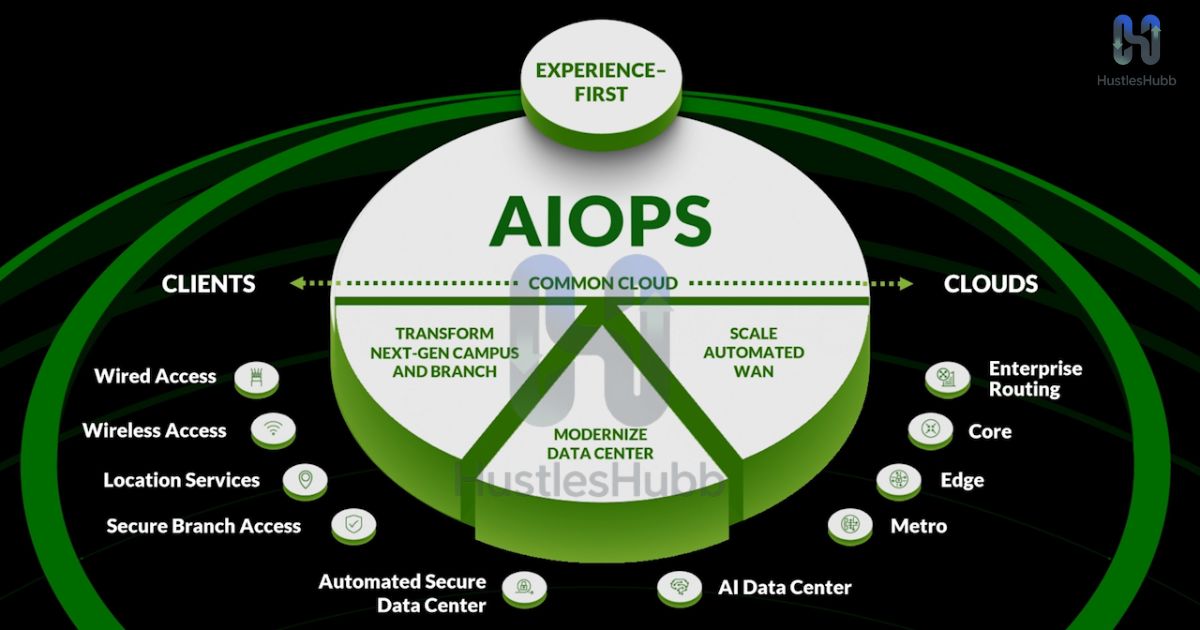
The shift to AI-native networking is transforming how businesses manage their IT systems. With AI and machine learning in IT, companies can now detect issues before they become problems. AIOps (Artificial Intelligence for IT Operations) helps automate fixes, leading to better network optimization with AI and faster recovery times. For example, the IDC – Future of Connectedness Survey shows that most U.S. CIOs expect AI-driven IT solutions to cut downtime by nearly 40% by 2026.
The role of Juniper Networks (partner mention) in enabling AI-powered infrastructure is a strong example. They use data-driven network management to create smarter systems that handle traffic, improve speed, and reduce human error. This type of network automation allows companies to meet the demands of financial applications network reliability, cloud services, and digital business.
Data and Analytics at Scale: Unlocking Enterprise Value
In 2025, data is the real currency for enterprises. Using machine learning applications, CIOs can turn raw information into valuable insights. Scaling data-driven network management gives leaders the ability to monitor millions of data points across IT systems. This is essential for enterprise digital transformation, where customer demands and competition require faster decision-making.
However, scaling data is not easy. Cloud and on-premises integration remains a major challenge for enterprises in the United States. To deal with this, CIOs are investing in AI-driven IT solutions that combine structured and unstructured data for better forecasting. With these tools, companies can predict trends, cut costs, and improve the customer journey.
5G in the Enterprise: CIO Perspectives and Use Cases
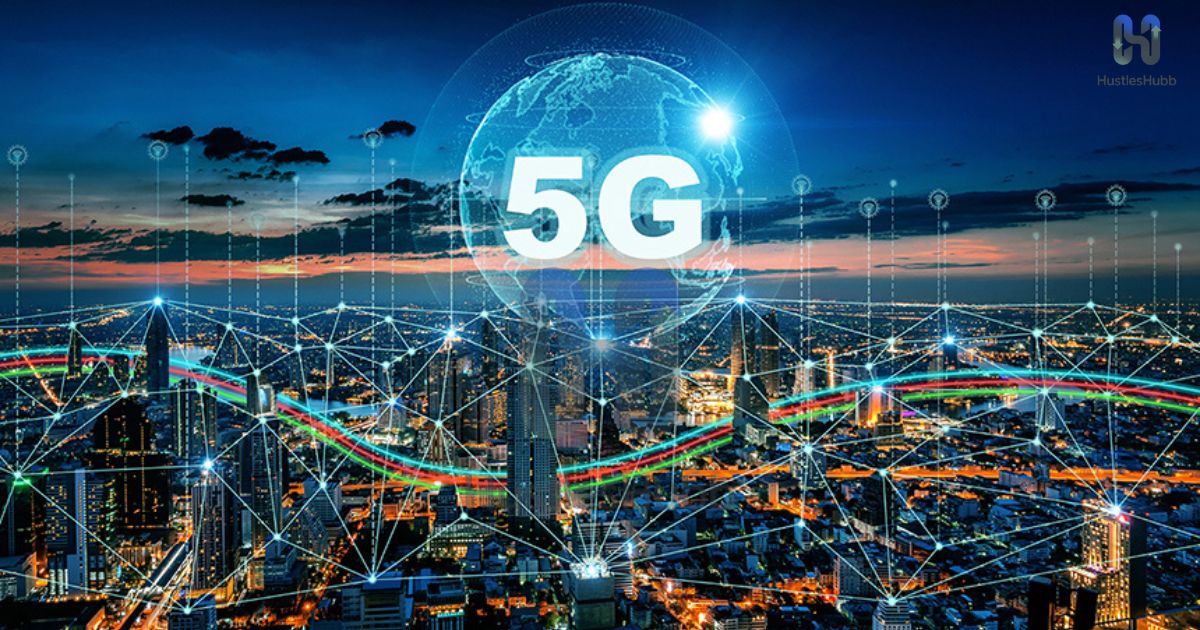
The arrival of 5G is reshaping business operations. CIOs see 5G as the key to solving enterprise connectivity challenges by enabling ultra-low latency, faster data transfers, and real-time communications. Industries like healthcare, manufacturing, and finance are already building use cases around 5G in enterprise IT operations.
For example, network performance monitoring with 5G allows healthcare companies to run telemedicine with no delays. Manufacturing plants can use AI-powered infrastructure to run smart robotics. Financial firms are focusing on financial applications network reliability by combining 5G with AI-driven IT solutions.
Reinventing IT for the AI Era
The rise of Artificial intelligence (AI) is forcing IT leaders to rethink their strategies. AI adoption in enterprises is no longer about simple tools; it now involves AI-powered infrastructure, AI in enterprise security, and AI-driven IT solutions across departments. This requires CIOs to shift from traditional IT management to a smarter, automated, and predictive model.
The focus is also on workforce reskilling. As network optimization with AI and machine learning applications spread, employees need training to adapt. CIOs are investing in building teams with skills in AI and machine learning in IT and data science to prepare for the future.
Setting the Multi-Cloud Agenda for 2025 and Beyond
Enterprises in the U.S. are now running both cloud and on-premises integration, leading to a rise in multi-cloud networking. The CIO Think Tank highlights how CIOs are balancing cost, flexibility, and security in these setups. Hybrid cloud networking is becoming standard because it allows businesses to combine public cloud, private cloud, and on-premise systems smoothly.
The challenge is in handling enterprise connectivity challenges across multiple platforms. AI-driven IT solutions are helping CIOs create consistent policies for end-to-end IT services and network security improvements. This ensures that no matter where the data or applications are hosted, they remain reliable and protected.
Healthcare and Life Sciences: CIO Think Tank Insights
Healthcare and life sciences are among the fastest-changing industries in the U.S. CIOs here are adopting AI-native networking, machine learning applications, and AI-powered infrastructure to improve patient care. Telemedicine, digital twins, and real-time monitoring all depend on network performance monitoring and financial applications network reliability.
At the same time, CIOs face strict regulations. The need for end-to-end IT services and network security improvements is greater in healthcare than in many other fields. The CIO Think Tank provides guidance on how to balance innovation with compliance while still pushing for enterprise digital transformation.
Leadership Lessons: 2025 CIO Hall of Famers
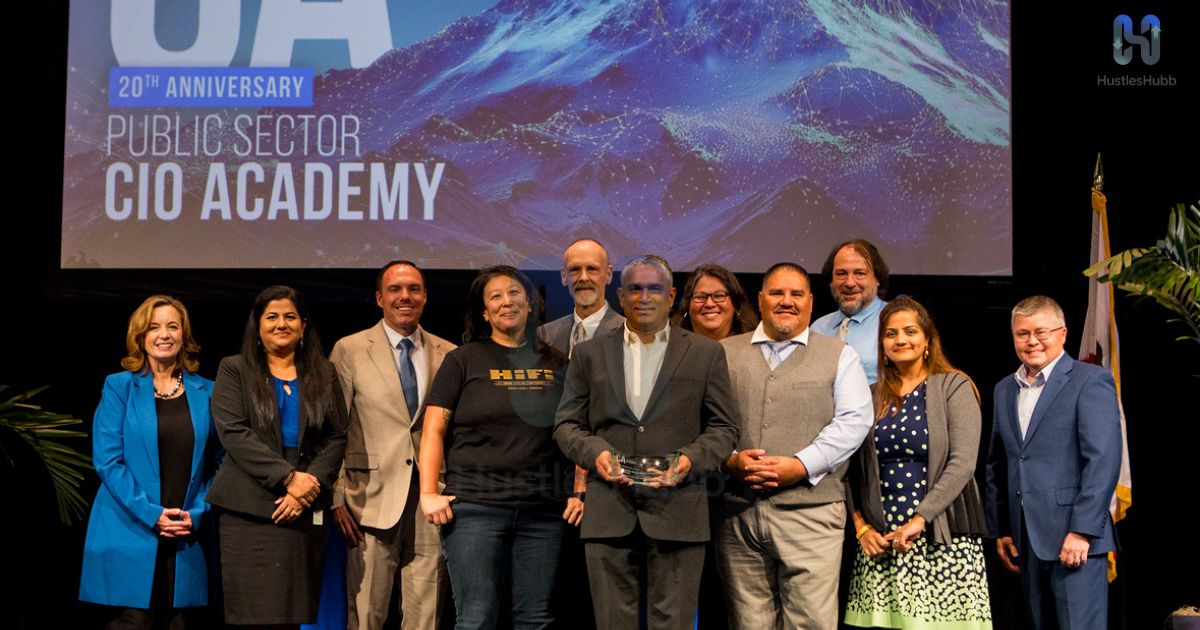
The 2025 CIO Hall of Famers offer leadership insights that go beyond technology. They explain that a modern CIO needs strong communication, business strategy, and people management skills. Leaders like Harish Bhatt – Early Warning and Heather Milam – Travelport stress that success is about combining network optimization with AI with strong teamwork and a clear vision.
Another important lesson is adaptability. CIOs who succeed in 2025 are those who can guide their companies through mergers and acquisitions (M&A) challenges, hybrid cloud networking, and AI adoption in enterprises. They are not just IT managers but enterprise digital transformation leaders.
Case Study: Bentley Motors CIO on AI Skills Adoption
The CIO of Bentley Motors provides a strong example of AI adoption in enterprises. The company invested in AI-powered infrastructure and employee training to bridge the AI skills gap. They realized that without a workforce skilled in AI and machine learning in IT, it would be impossible to scale.
This case study shows how network optimization with AI, AI in enterprise security, and data-driven network management can only succeed if employees are ready. By focusing on skills and culture, Bentley Motors created a model that other U.S. enterprises can follow.
The Future of CIO Think Tank: Community, Collaboration, and Innovation
The future of the CIO Think Tank is not only about new technology but also about building stronger communities. With guidance from John Gallant and Barbara Call, CIOs will continue to collaborate and share best practices. This collaboration will push growth in AI-driven IT solutions, network security improvements, and enterprise digital transformation.
The event’s future will also include partnerships with Juniper Networks and other innovators. Together, they will drive network automation, end-to-end IT services, and multi-cloud networking. By 2030, the CIO Think Tank could become the leading global hub for shaping the future of enterprise technology.
Conclusion
The CIO Think Tank 2025 is a vital platform for shaping the next chapter of enterprise IT in the United States. From AI-native networking to multi-cloud networking, from 5G use cases to network performance monitoring, the event highlights the challenges and opportunities ahead. With strong leadership, AI adoption in enterprises, and collaboration across industries, CIOs are preparing to build a smarter, more secure, and connected future.
FAQs
1. What is CIO Think Tank 2025?
It’s a global forum where CIOs discuss enterprise IT operations, innovation, and future technology trends.
2. Why is CIO Think Tank important?
It helps leaders share insights on AI adoption in enterprises and strategies for digital growth.
3. What topics are covered at CIO Think Tank 2025?
Discussions include AI-native networking, multi-cloud networking, and enterprise digital transformation.
4. Who attends CIO Think Tank?
Top CIOs, IT leaders, and experts from industries like healthcare, finance, and life sciences.
5. How does CIO Think Tank impact enterprises?
It provides real-world strategies for network optimization with AI and stronger IT leadership.
MORE INTERESTING ARTICLES

Welcome to Hustles Hubb! I’m Shafqat Amjad, an AI-Powered SEO and Content writer with 4 years of experience.
I help websites rank higher, grow traffic, and look amazing. My goal is to make SEO and web design simple and effective for everyone.
Let’s achieve more together!
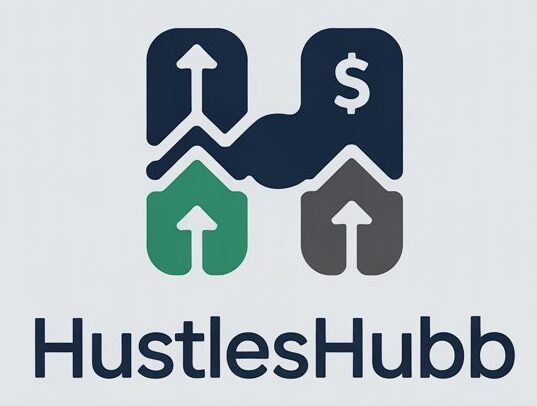
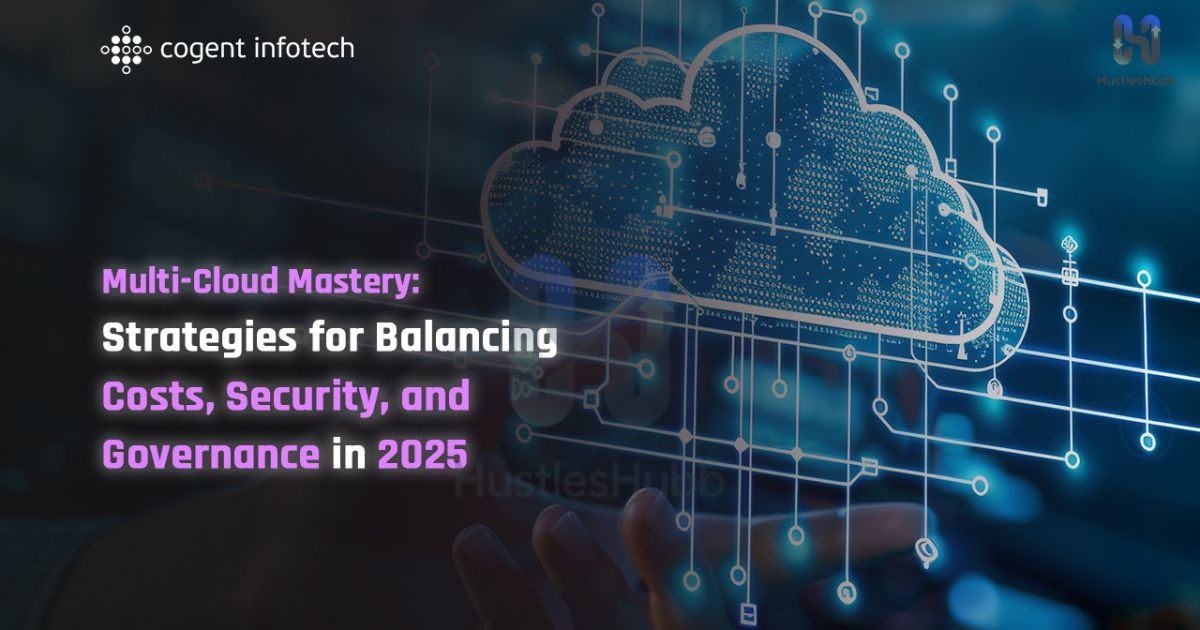
1 thought on “CIO Think Tank 2025: Shaping the Future of Enterprise Technology”